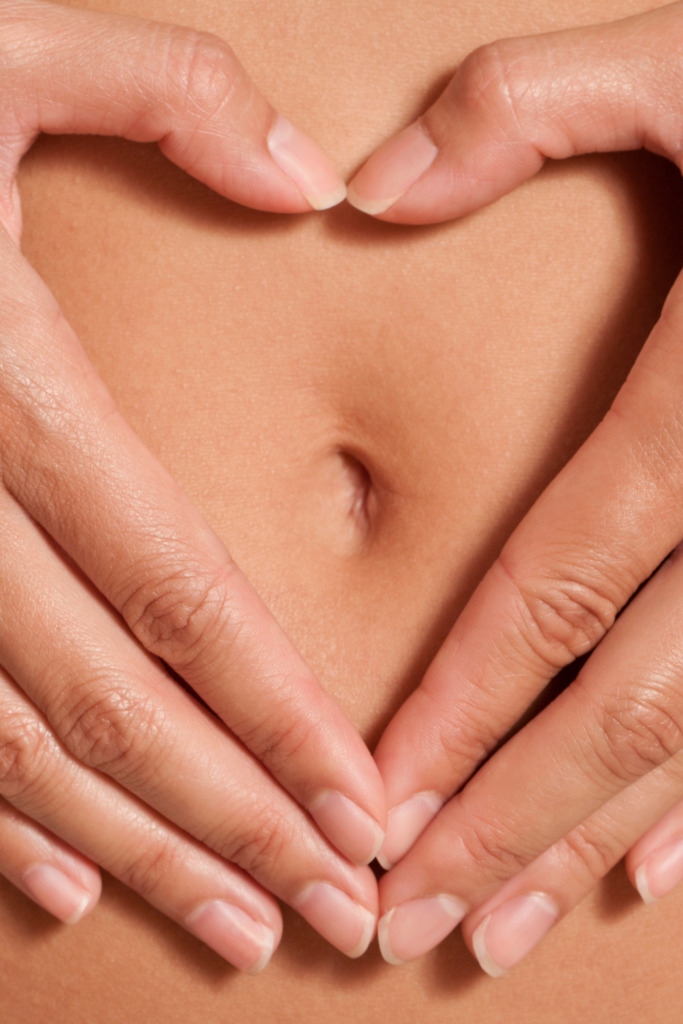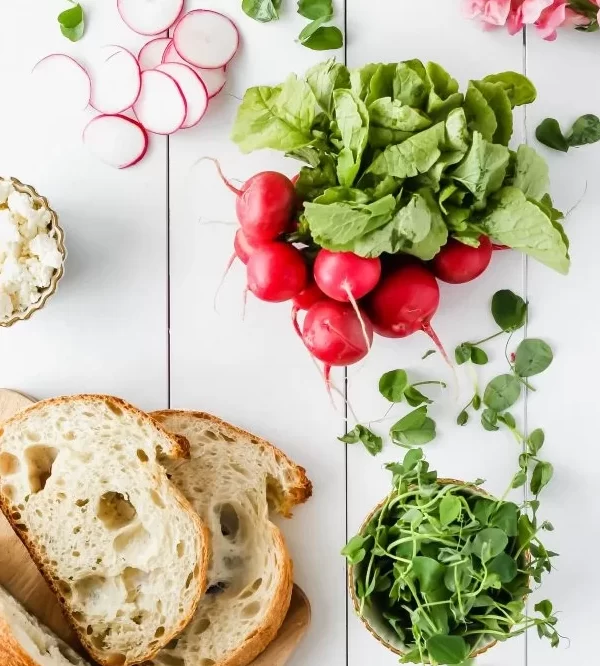Fertility Facts
According to the NHS, around 1 in 7 couples experience difficulty conceiving. For couples who have been trying to conceive for more than 3 years without success, the likelihood of getting pregnant naturally within the next year is 1 in 4, or less. For common medical causes of fertility problems treatments can be sought.
There are also several factors that can affect fertility. These include but are not limited to:
- smoking – including passive smoking affects chances of conceiving and can reduce semen quality
- alcohol – drinking in pregnancy risks the unborn baby and excessive alcohol affects sperm quality
- caffeine – increases the stress hormone, cortisol, which can decrease testosterone in men and cause an imbalance in oestrogen and progesterone in women
- environmental factors – exposure to pesticides, solvents and metals affects fertility, particularly in men
- stress – affects relationships resulting in a loss of intimacy and sex drive. Severe stress affects ovulation and sperm production
- diet – poor dietary habits rob your body of essential nutrients and interfere with egg maturation, reducing the chance of fertilisation
- insufficient sleep – changes the body’s circadian rhythm which in turn impacts hormone production
- drugs and medication – can affect fertility by lowering hormone levels, suppressing ovulation and damaging eggs and sperm
- lack of exercise and movement – affects overall health and fertility levels
Lifestyle and Diet
When planning for a baby, changes to diet and lifestyle can boost fertility – this was true for me.
In 2020, my husband and I conceived despite not actively planning for a baby. Our surprise came after I’d made big lifestyle and diet changes following my wake-up call from staying in hospital for a week for an asthma attack and acute chest infection. I knew I had to prioritise my own health and well-being alongside caring for Dad, who was nearing the end of his fight with cancer, and Mum, a stroke survivor living with disabilities and type 2 diabetes.
Though not medically proven, I believe my improved physical, mental, and emotional health following significant lifestyle and diet changes boosted my fertility naturally.
I still carried caring responsibilities, but mentally, physically, and emotionally, I was less stressed, exercising and sleeping better, making time to rest and relax, maintaining strong relations, and eating a well-balanced and healthy diet.
To read my story in full, see blog #4. How to look after ourselves as Caregivers.

Top tips to boost fertility naturally
- Add booster foods to your diet – think organic, whole foods that are rich in vegetables, fruit, healthy fats (avocado, nut butters, seeds), quality protein (lentils, beans, peas, nuts), and wholegrains (quinoa, millet, buckwheat, wholegrain rice).
- Say no to bad lifestyle habits like smoking, drugs, alcohol and caffeine.
- Begin a fitness regime that works for you – even moderate exercise like walking can help boost fertility and improve wellbeing. The important thing is to decide on the activity and keep doing it.
- Combat stress with your partner, friends and family – keep communication open, have a laugh, and cry when you need to. Bottling things up or letting worries mount will only lead to stress and anxiety.
- Rest and relax – by making time for yourself and practicing self-care. It’s important you do things just for you; read, listen to music, watch a film, enjoy a bath with essential oils, socialise or go for a walk.
- Start a bedtime routine for better sleep – light a candle, follow a skincare routine, and limit screen time to help you sleep better and longer.
- Avoid chemicals and toxins – found in household and personal care products and the environmental. Instead, use natural unscented cleaning and personal care items, quality water filter and organic food.
Lifestyle and dietary habits affect fertility and chances of conception. I firmly believe that my lifestyle and dietary changes in 2020 made a positive difference to my health and optimised it for conception.
I hope these tips help and contribute to successful journeys and joyous outcomes!
Best buys for expectant parents
The following items proved useful to me, my family, and my baby once our newborn Son joined us in 2020. I hope by sharing, I help expectant parents prepare for the arrival of their new bundle of joy!
My best buys for expectant parents are based on personal experience, what works for me, and information I learned from online resources. Please do your own research before making any important decisions to make the best choice for you.
If you click on and buy from one of the affiliate links included, I’ll make a small commission. This helps support the channel and allows it to continue with posts like this. Thank you for the support, and I hope some, if not all, of these products are as helpful to you as they were to me.
For more self-care best buys for parents and tried and tested products for babies and toddlers with allergies, eczema, and asthma, head over to this page.



